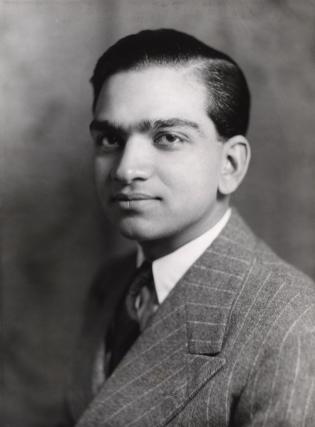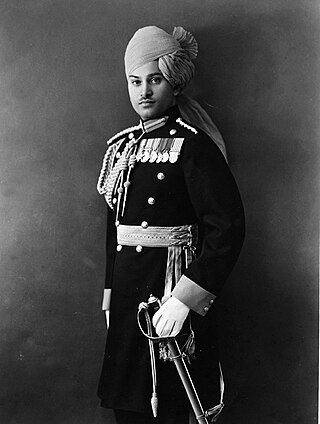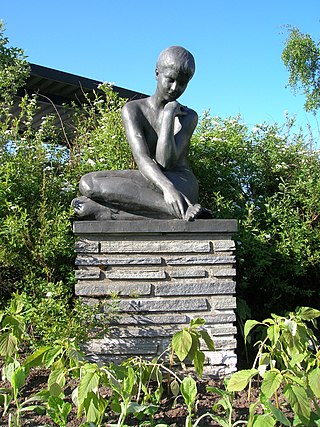Kanwar may refer to:
Kanwar may refer to:
Events in the year 1984 in the Republic of India.
Bisht is a surname found in the country of Nepal and the Indian state of Uttarakhand, Himachal Pradesh. Bisht was a title given by kings to nobles, derived from the Sanskrit vishisht ("distinguished").The term "Bisht" originally referred to someone who held a land grant from the government. The Bisht families in Uttarakhand were chiefly Thokdars(Zamindars) of Thuljat origin. In Uttrakhand, Bishts are generally Kshatriya Rajputs. In Nepal, Bisht was adopted as a surname by Raute and Raji people. Bishta, as Bista, was also used as a surname used by Khas people, group under the caste Chhetri.
Joshi is a surname used by the Brahmin (caste) in India and Nepal. Joshi is also sometimes spelled as Jyoshi. The name is derived from the Sanskrit word Jyotishi meaning "astrologer" or a person who practices jyotisha. Jyotisha refers to Hindu astrology and astronomy and is derived from jyotish.
Events in the year 1976 in the Republic of India.
Rao is a title and a surname native to India. It is used mostly in states of Andhra Pradesh, Gujarat, Haryana, Karnataka, Maharashtra, Rajasthan, and Telangana.
Pandey, Pande, or Panday is a surname which has its roots in Sanskrit.
Varmā, Verma, Varman, or Burman are surnames found in India and Southeast Asia. These surnames are commonly used by people of different castes and ethnic groups across the region. The surname is used in North India by and some of the groups among cluster of castes called Kayasthas. However, in the same region along with Central India, it can also be found among castes like Rajputs, Prajapats, Kurmis and Koeris.
Tiwari, from Sanskrit 'tripāṭhin', is a Hindu surname found in India and Nepal. Alternative spellings include Tiwary and Tewari.
Pratap Singh, Partap Singh, Pratab Singh, Partab Singh, Pratapsingh, or Partapsingh may refer to :

Major General Maharaja Sawai Governor Sir Man Singh II GCSI GCIE was an Indian prince, government official, diplomat and sportsman.

Rao Raja Hanut Singh was a British Indian Army soldier and polo player.

Kunwar is an Indian title denoting a prince. It is derived from the Sanskrit word Kumar. It was traditionally associated with the feudal Rajputs such as the son of a Rana, Babu and Thakur

Rana is a given name and surname of multiple origins.
Events in the year 1987 in the Republic of India.
Sahni, Sawhney, Sahani, or Sahney is a Punjabi Khatri surname found among the Hindus and Sikhs of Punjab, India. It is also used by people from Bihar, Uttar Pradesh, Bengal and other parts of Central India.
Negi is a title of Pahadi Rajput or Thakur. The Negi title originated from the word ‘nek’ which means ‘righteous’. This title was conferred by kings, warriors, and ministers. Individuals holding the Negi title were entrusted with the task of collecting taxes from villages. They were given a percentage of the amount collected as remuneration. origin found in the Indian states of Uttarakhand, Himachal Pradesh and Jammu.
The surname Rawat is a prominent family name in South Asia, particularly in India and Nepal. It is commonly associated with Rajputs, a warrior and land-owning caste traditionally from the northern and western regions of India, including Rajasthan, Uttarakhand, Himachal Pradesh, and Uttar Pradesh. The name is also used among various communities in the Himalayan regions and carries connotations of nobility and leadership.
Digvijay is a given name. Notable people with the name include: